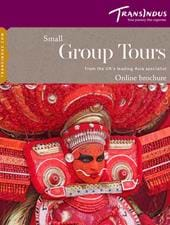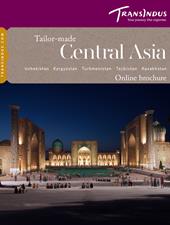Time zone
UTC+6 hours
Capital
Thimpu
International flights
Bhutan is connected via Delhi, Kolkata, Nepal, and Bangkok. Most flights require an overnight connection before heading into Bhutan.
Currency
The local currency is the Ngultrum (Nu). Approximately 85 Nu, convert to one pound; 46 Ngultrum convert to one US Dollar. Pegged to the Indian Rupee is the same value as 1 Nu equals and is accepted almost like local currency throughout Bhutan.
We recommend carrying US Dollars/USD Travellers Cheques or Indian Rupees into Bhutan. Pound Sterling is not is generally accepted. If traveling via Delhi or Kolkatta you have the option of converting sterling into Indian Rupees before heading into Bhutan.
Hotels in big cities are happy to exchange foreign currency.
Healthcare
Avoid drinking tap water and taking ice in drinks. Stick to bottled water (or boiled water available at the hotel) and ensure that the seal is opened by you/in your presence. Aerated waters (bottled soft drinks) are fine. Eat moderately for the first few days. Allow your system to get used to the changes. Yoghurt (locally called "curd") is advisable for weak constitutions or after spicy food.
Spicy chillies (ema) mixed with a cheese sauce called emadatse is the national dish of Bhutan. Chillies are treated as a vegetable rather than a seasoning in the Bhutanese diet! Bhutanese hotels tend to lay out set meals, with vegetarian and non vegetarian (pork is quite popular) dishes. Bhutan's professional chefs temper their natural tendency to over spice dishes by preparing food more suitable to the western palate. Our personal view is that you should not look forward to local food as a highlight of your trip.
Local hotels offer a limited choice of alcoholic beverages, including beer. The more expensive hotels do have a wider range of food and beverage, including wine.Please note; sale of tobacco is outlawed in Bhutan and smoking is banned in public places and even in your hotel. You cannot purchase cigarettes locally. If you are a regular smoker, you should either take adequate supply before entering the country and smoke in private, or use this visit as an opportunity to finally give up smoking!
We recommend you carry with you a small supply of basic health care medication such as travel sickness tablets, anti-diarrhoea tablets, insect repellent, sun creams and a general purpose antibiotic. These may not be readily available in Bhutan. We strongly recommend that all travellers are properly insured for the holiday. If you have taken your own travel insurance, please check that it includes repatriation costs.
Clothing
Bhutan's climate varies significantly with altitude and between specific locations. There are three broad climatic zones: subtropical in the south, temperate in the broad central regions and alpine in the north. In general, some warm clothing is recommended for all seasons.
During the day it is best to wear light, comfortable cottons with a pair of well ventilated walking shoes. Early morning and night temperatures in Bhutan can be chilly, a light jacket or jumper may be required. The winter months of December to February can be very cold with the likelihood of snowfall in Paro and other high altitude locations. Adequate woollens are advised.
At some of the pagodas, you may be asked to remove your shoes while at some entry is restricted.
Most hotels, including the more exclusive ones, do not insist on formal wear in restaurants and smart casuals are acceptable.
Shopping
Bhutan provides some opportunities for shoppers especially for silks, textiles, wood carvings, long flowing garments and other items weaved by the locals. If asked, our local agents will advise on where best to buy particular items.
When purchasing an expensive item, always check the level of duty payable in the UK on your import. Please remember Customs Duty and VAT is payable on all goods above the value of £340 per person, even if an item is exempt from other import duties.
Voltage
The electric voltage in Bhutan is 220 volts. Most English electric appliances work well but a universal adapter is needed.
Internet
Internet facilities are poor in Bhutan and should not be relied upon for communication.








